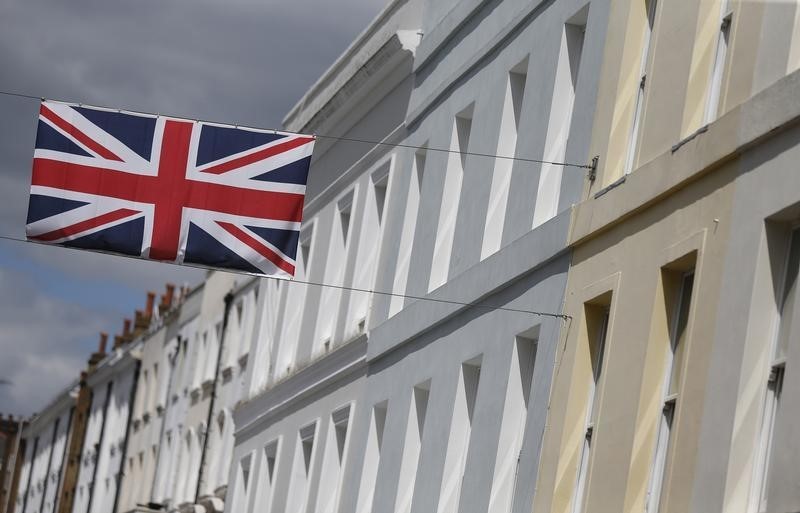Veeco launches Lumina+ MOCVD system, receives Rocket Lab order
Investing.com -- Barclays (LON:BARC) analysts believe the Independent (LON:IOG) Water Commission’s final report could bring profound changes to U.K. water regulation, potentially returning the industry to a pre-PR14 model with more bespoke, US-style return characteristics.
In a research note published Monday, Barclays stated the 465-page report, if adopted, would "radically change the investment return profile and risks in UK water."
The bank remains positive on the sector, naming Pennon (LON:PNN) as its preferred stock with a 650p price target.
The U.K. government has already accepted one key recommendation – abolishing Ofwat – with a White Paper expected this autumn.
The report contains 88 recommendations that could lead to 49 reviews and up to 80 pieces of legislation, with a new Act of Parliament anticipated by 2027.
Barclays highlighted that Ofwat will continue operating until it merges into a super-regulator, with a new "Ministerial Statement of Water Industry Priorities" likely changing its philosophical positioning in the short term.
A major shift identified is the move toward a supervisory regulatory model using "judgment" rather than incentive-based econometric models.
This approach would set more bespoke targets for companies based on their geography and geology, potentially ending the "totex" system and reducing the importance of Outcome Delivery Incentives.
The analysts believe sector baseline returns need to increase, with the Competition and Markets Authority potentially setting consistent cost of capital across regulated assets.
This could create a "US-style RORE evolution" with lower risk of losses but also potentially reduced upside for natural outperformers.
With less emphasis on comparative regulation, Barclays suggests the changes could lead to consolidation among water and sewerage companies.
The report also emphasizes asset health monitoring, compulsory smart meters, and social tariffs for vulnerable consumers.
Water bills are expected to rise faster than inflation but will likely be smoothed over time to remain socially acceptable, according to Barclays.
